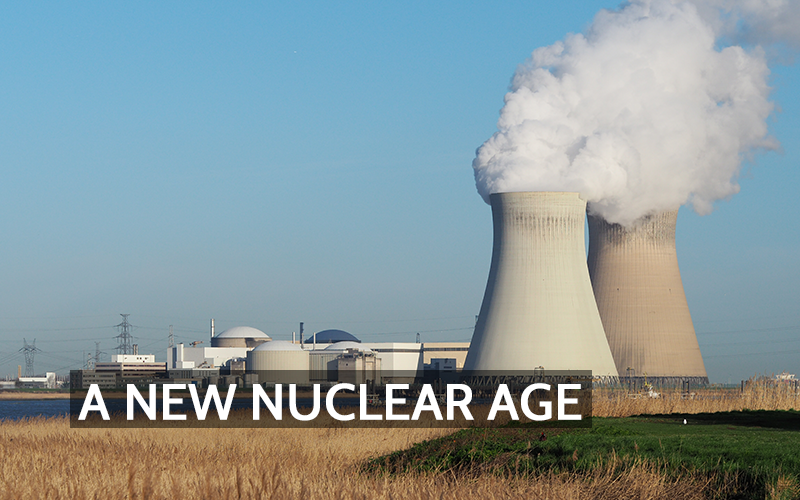Nuclear energy stands as a pivotal solution in the quest to decarbonize the energy sector and enhance air quality. By generating substantial amounts of electricity without emitting greenhouse gases during operation, nuclear power offers a reliable and efficient alternative to fossil fuels.
Decarbonizing Energy Production
The combustion of fossil fuels for electricity is a primary source of carbon dioxide (CO₂) emissions, contributing to global climate change. Nuclear power plants, however, produce electricity through nuclear fission, a process that does not emit CO₂. According to the Nuclear Energy Institute, nuclear-generated electricity prevents more than 470 million metric tons of CO₂ emissions annually, equivalent to removing over 100 million passenger vehicles from the road.
Improving Air Quality
Beyond mitigating climate change, reducing reliance on fossil fuels through nuclear energy has direct benefits for air quality. Fossil fuel combustion releases pollutants such as sulfur dioxide (SO₂), nitrogen oxides (NOₓ), and particulate matter, which are linked to respiratory and cardiovascular diseases. Nuclear power generation does not emit these pollutants, thereby contributing to cleaner air. A study highlighted by the Nuclear Innovation Alliance estimated that between 1971 and 2009, nuclear power prevented approximately 1.8 million deaths related to air pollution and could prevent an additional 4 to 7 million deaths by 2050.
Global Leaders in Nuclear Energy
Several countries have embraced nuclear power as a cornerstone of their energy strategies:
-
France: France is a leading example, deriving about 70% of its electricity from nuclear energy. This heavy reliance has resulted in France having one of the lowest carbon emission rates per unit of electricity among industrialized nations.
-
United States: The U.S. operates the largest fleet of nuclear reactors globally, contributing nearly 20% of the nation’s electricity supply. Recent policy initiatives and financial backing from major institutions aim to revitalize and expand nuclear capacity, recognizing its role in achieving net-zero emissions by 2050.
-
Southeast Asia: Countries in Southeast Asia, including Indonesia, Vietnam, and the Philippines, are exploring nuclear power to meet growing energy demands and reduce air pollution. Advancements in nuclear technology, such as small modular reactors (SMRs), are making nuclear energy more accessible and safer for these emerging economies.
Advancements in Nuclear Technology
Innovations in nuclear technology are addressing traditional challenges associated with nuclear power:
-
Small Modular Reactors (SMRs): SMRs offer enhanced safety features, reduced construction times, and lower capital costs compared to traditional large reactors. Their modular design allows for scalability and flexibility in deployment, making them suitable for a variety of energy needs.
-
Waste Management: Advances in fuel recycling and waste reduction technologies are improving the management of nuclear waste, addressing one of the primary environmental concerns associated with nuclear energy.
As the global community strives to reduce greenhouse gas emissions and improve air quality, nuclear energy presents a viable and effective solution. Its ability to provide large-scale, low-carbon electricity makes it an essential component of a sustainable energy future. By investing in modern nuclear technologies and learning from leading nations, we can harness the benefits of nuclear power to achieve our environmental and public health goals.
Related Article:
Urban Planning Strategies for Tackling Air Pollution
References:


